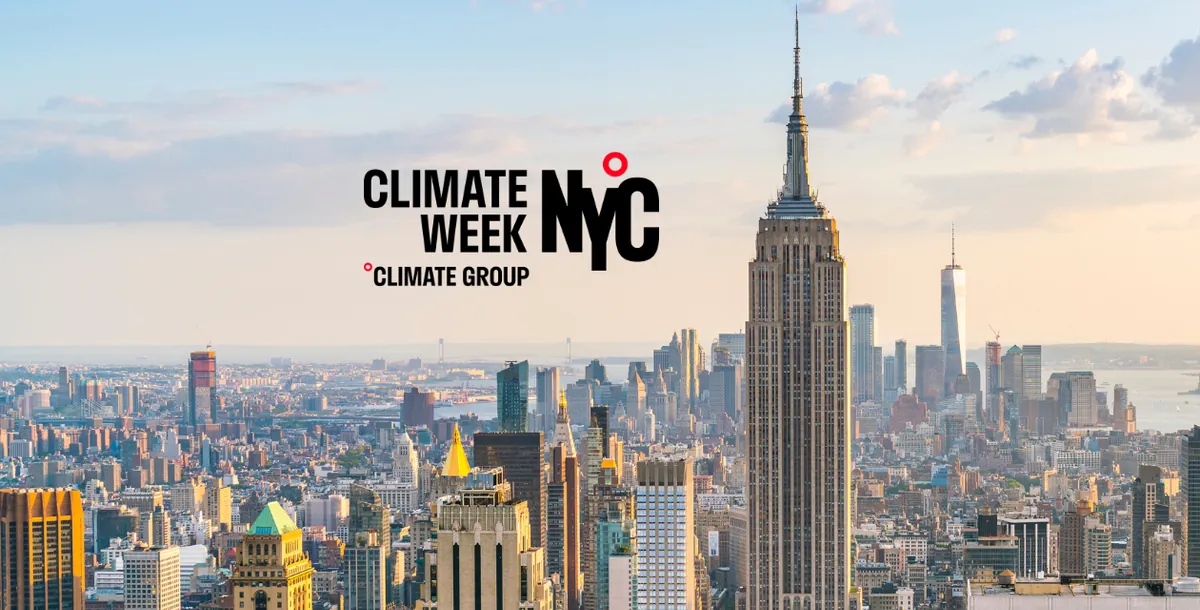Climate Week NYC: The $2.4 Trillion Quest for Earth's Green Future
Climate Week NYC and UN Assembly focus on financing global green transition. Trillions needed for developing nations to combat climate change, with upcoming negotiations crucial for Earth's future.

The annual Climate Week NYC and United Nations General Assembly are currently underway, focusing on the monumental task of financing the global transition to renewable energy sources. This year's events are placing particular emphasis on generating the trillions of dollars needed to assist developing nations in moving away from fossil fuels and addressing the impacts of climate change.
Simon Stiell, the UN climate chief, has estimated that the annual financial requirement for this transition is a staggering $2.4 trillion. This figure dwarfs the previous goal of $100 billion per year set by wealthy nations in 2009, which was only reached in 2022, years behind schedule.

The urgency of this financial challenge is underscored by the upcoming climate negotiations. The UN's 29th climate conference in Baku, Azerbaijan, will be followed by a G20 meeting in Rio de Janeiro, and early next year, all countries must submit new national targets for reducing greenhouse gas emissions.
Alden Meyer of the European think tank E3G emphasizes the critical nature of these events, stating:
"A lot of the failure or success of (the landmark 2015 Paris climate agreement) is going to be determined in the next eight or nine months as countries put forward their next round of proposed emission reduction goals. If these don't step up and meet the mark, it's really our last chance."
The Paris Agreement, adopted in 2015, aims to keep global temperature rise well below 2°C above pre-industrial levels. However, achieving this goal requires substantial financial support for developing nations, where over 80% of the world's population resides.
Ani Dasgupta, President of the World Resources Institute, highlights the central role of finance in this global effort. "It's definitely about the greens," he says, referring to both the environmental goals and the financial resources needed to achieve them.
The challenge is not just about the amount of money, but also about how it's distributed and utilized. Developing countries argue that they need financial assistance to curb their increasing use of fossil fuels, pointing to the historical emissions from industrialized nations that have contributed significantly to the current climate crisis.
Mohamed Adow of PowerShift Africa emphasizes the importance of climate justice, stating that the "cries of the global majority will make it very loud and clear" that financial help for poor nations is crucial.
While government funding is essential, the private sector also has a significant role to play. Dasgupta notes that the world's nations can't provide more than $1 trillion in direct funding, emphasizing the need for private capital to bridge the gap.
As Climate Week NYC progresses, it's clear that the path to a sustainable future for our pale blue dot hinges on our ability to mobilize unprecedented financial resources. The success of upcoming climate negotiations and the world's ability to meet its climate goals will largely depend on how effectively we address this financial challenge in the coming months.


































